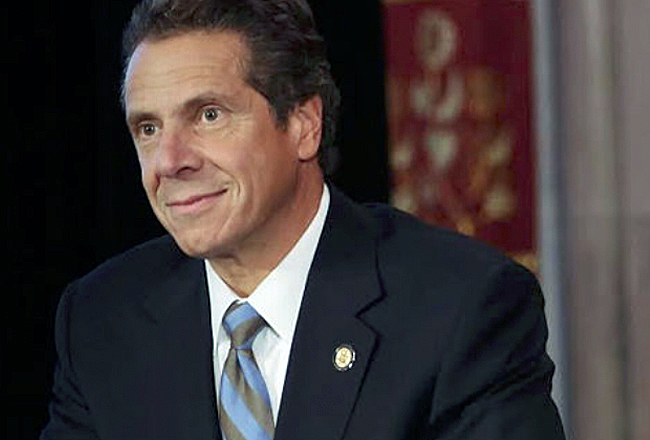Story copyright by Westfair Communications
A new law specifies that it”™s illegal for employers in New York to discriminate against employees or job applicants based on clothing, other attire or facial hair worn in accordance with the requirements of their religion. Gov. Andrew M. Cuomo signed into law the legislation on Aug. 9 amending the New York State Human Rights Law.
 Whlle the existing law already included worker protections against discrimination based on religion, the new law was designed to specify that those protections include religious attire. It amends Section 296 of the state”™s Executive Law, which prohibits imposing conditions that would require an employee to “violate or forego a sincerely held practice of his or her religion, including but not limited to the observance of any particular day or days or any portion thereof as a sabbath or other holy day.” The revision specifies that the wearing of any religion-required attire, clothing or facial hair also are protected practices.
Whlle the existing law already included worker protections against discrimination based on religion, the new law was designed to specify that those protections include religious attire. It amends Section 296 of the state”™s Executive Law, which prohibits imposing conditions that would require an employee to “violate or forego a sincerely held practice of his or her religion, including but not limited to the observance of any particular day or days or any portion thereof as a sabbath or other holy day.” The revision specifies that the wearing of any religion-required attire, clothing or facial hair also are protected practices.
Cuomo said, “As New Yorkers, we celebrate our diversity and we champion freedom of religious expression in all places, including the workplace.”
Queens Sen. John C. Liu, who sponsored the legislation on the Senate side of the state Legislature, said, “This historic religious-garb bill makes it clear New Yorkers will not tolerate any discrimination against people of faith in the workplace. At a time when instances of bigotry and hate are increasing, it is our duty to stand up for each other”™s rights and dignity.”
Assemblyman David I. Weprin, also of Queens, said that the signing of the bill into law ensures that all New Yorkers can feel respected in the workplace.
Cuomo added that the new law “makes it crystal clear to anyone who may still have doubts that New York has zero tolerance for bigotry of any kind.”
Unchanged in the original law is a provision stating that it will not apply if “after engaging in a bona fide effort, the employer demonstrates that it is unable to reasonably accommodate the employee”™s or prospective employee”™s sincerely held religious observance or practice without undue hardship on the conduct of the employer”™s business.”






















